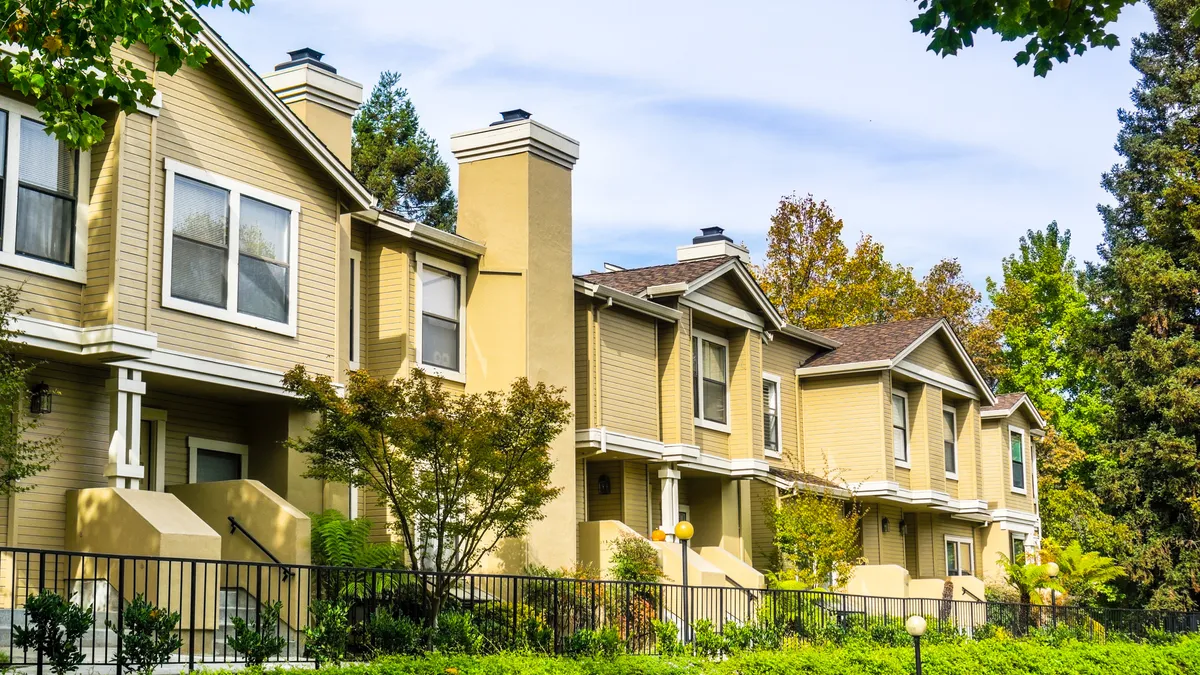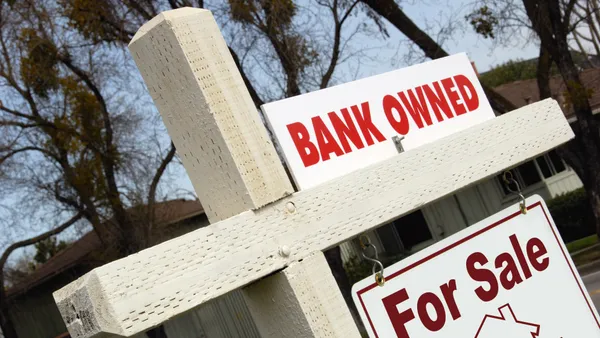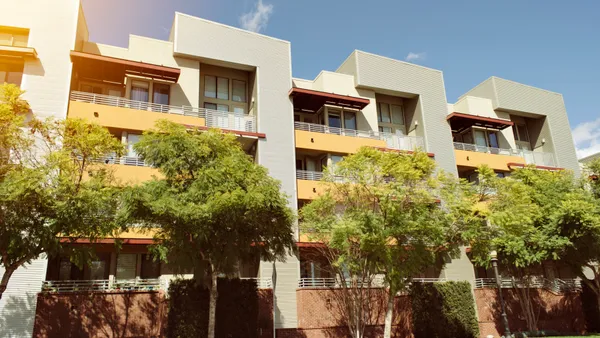Dive Brief:
- While rising interest rates and a difficult lending environment serve as headwinds to senior housing development, strong rent growth redeems the segment’s prospects. Senior housing investors expect rents to continue rising through 2023, according to a survey from CBRE.
- When asked how they were underwriting rental rate plans for the next 12 months, more than 75% of respondents anticipated rent increases of 3.0% or more across most senior housing types, with the exception of skilled nursing. Assisted living is expected to see the highest rent growth, with 28% of investors projecting rent growth of above 7% — up from 15% of respondents in 2022. No respondents expect any decrease in rent rates.
- Active adult properties are this year’s biggest senior housing investment opportunity, according to 37% of respondents, followed by assisted living at 29% and independent living at 13%. Staffing shortages, higher borrowing costs and constrained lending are among the sector’s biggest challenges.
Dive Insight:
The CBRE report is based on survey data from senior housing industry veterans, the majority of whom are private capital investors, industry investors or representatives of REITs.
The average senior housing capitalization rate rose by 26 basis points year-over-year in 2022. Almost half of respondents expect cap rates to continue rising in 2023, up from only 27% the previous year. Memory care housing had the highest jump in cap rates, up 59 basis points, while skilled nursing facilities were the only housing type where cap rates fell, down 34 basis points.
Rising costs, lending issues and high interest rates are straining new construction and property transaction volume across the multifamily sector, and senior housing is no exception. Despite these issues, investors remain positive about the sector’s prospects.
“Although there are challenges, many investors still consider seniors housing to be an attractive asset class with rental rates trending upward due to the need-based demand and constraints on future supply,” said Daniel Lincoln, leader of seniors housing and healthcare for CBRE’s Valuation & Advisory Services, in a press release. “Sustained higher interest rates have made it difficult to finance deals, and other challenges such as staffing shortages are expected to persist throughout the remainder of the year.”
Over 15 months of rate hikes, the Federal Reserve has thrown cold water on what had been a torrid apartment sales market. After a record-setting 2021 in dollar volume, transactions fell 17% to $294.1 billion in 2022, according to data firm MSCI Real Assets.
The slide continued this year, with sales falling 72% year over year in the second quarter. The Federal Reserve paused its interest rate hikes earlier in June, but multifamily leaders expect one to two more rate hikes over the rest of the year.











